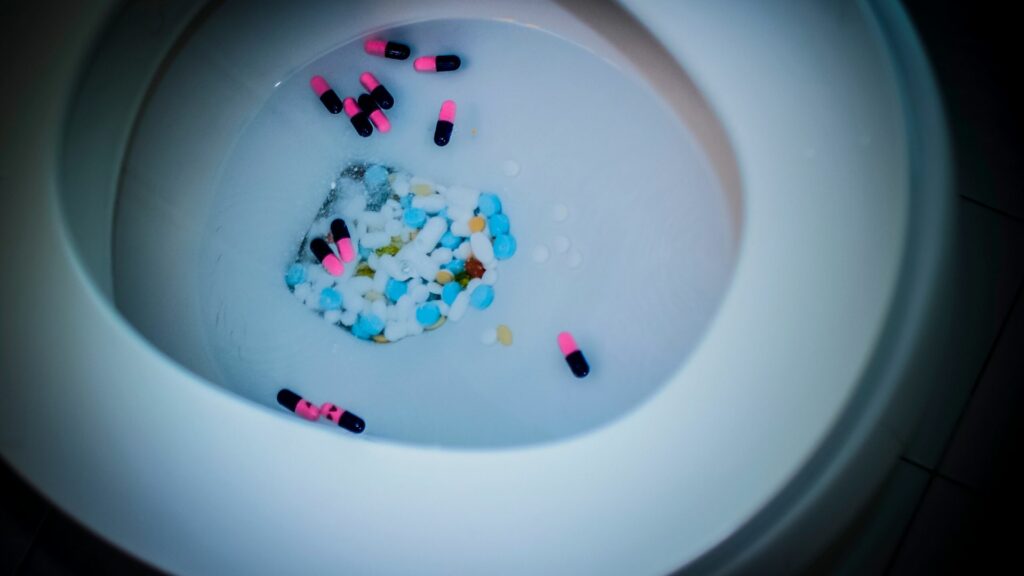A recent large-scale study in the Netherlands has shown that antidepressants and anti-anxiety drugs that have entered streams and rivers, are of great harm to the aquatic ecosystem.
The increase in drugs and chemical-based care products in domestic water supplies has been a topic of debate at the highest level of environmental and health science for some time, with the effects they have on the freshwater sources on which we depend for our existence still mostly unknown.
While it is clear that large amounts of chemicals entering the water supply can have a detrimental effect on human, animal and plant life, the specifics of this contamination are less well-known.
The Dutch study, which is also backed up by results from Belgium, brings one of these lesser-known effects into the spotlight.
Wastewater treatment not prepared for chemicals
According to the Flemish Knowledge Centre for Water (Vlakwa), high concentrations of tranquillisers and antipsychotics are ending up in the Belgian water system and having the same effect on fish as those studied in our neighbouring country by Maastricht University (UM), the National Institute for Public Health and the Environment and other scientists.
Official health figures show that one in ten Belgians, around 1.2 million people, takes these medicines, leading to these substances ending up in our watercourses.
While modern wastewater treatment plants mostly reduce solids and bacteria by oxidizing the water, they were not designed to deal with complex chemical compounds. Therefore, many of the psychoactive ingredients reach the fish and are having a dangerous effect on them.
Medications for the treatment of mental illness affect not only the behaviour of people, but also that of wildlife. For example, fish and small lobsters become more aggressive or passive, the Dutch study stated.
Related News
"Such psychotropic drugs make people calmer and give them more self-confidence," Dirk Halet strategic coordinator of Vlakwa, told VRT News. “A small fish that gains that same self-confidence and thinks it can handle the world will not easily swim away from a predatory fish."
The research emphasised the point that it is extremely important to keep harmful substances out of the environment. "Do not flush medicines down the toilet or sink," Dirk Halet continued. "We are currently discussing with pharmacists and the healthcare sector to set up initiatives to take back medicines. In this way, we want to prevent people from flushing their expired medicines or throwing them in the residual waste."

